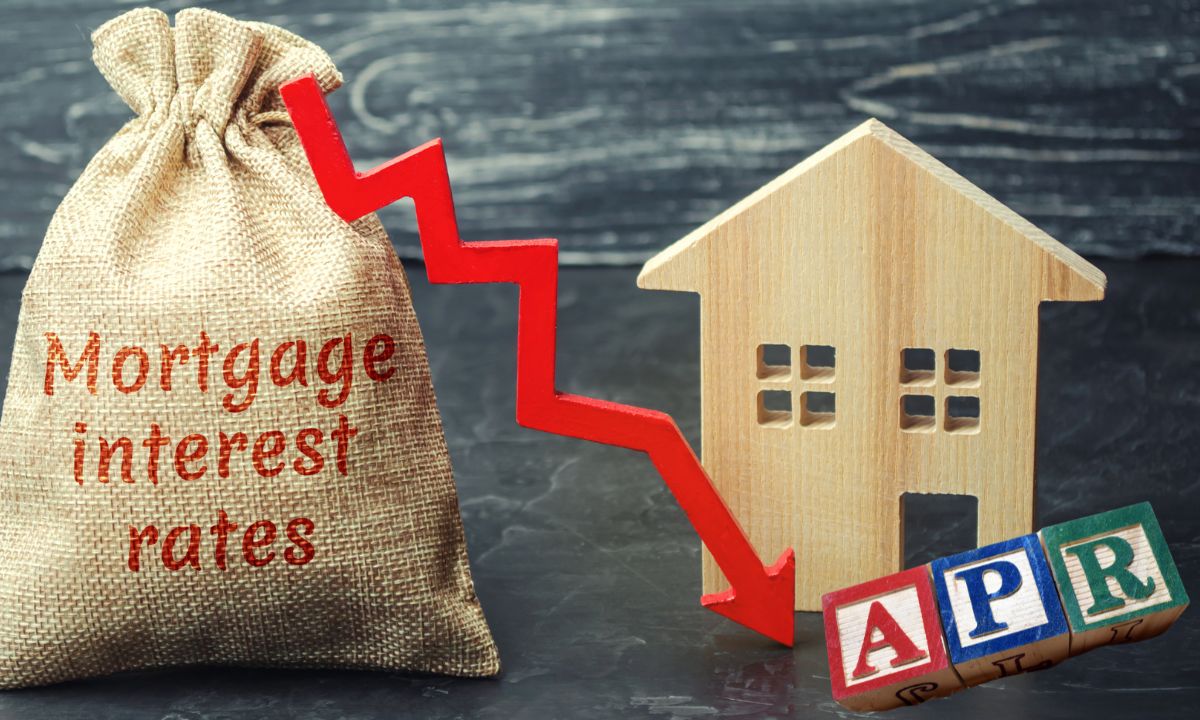 When house-hunting, the location of your potential home is as important as the home itself. One factor you may encounter is proximity to a school. Whether or not you have children, living near a school can significantly impact your daily life. With schools in session for most of the year, it’s essential to consider both the benefits and drawbacks before making a decision.
When house-hunting, the location of your potential home is as important as the home itself. One factor you may encounter is proximity to a school. Whether or not you have children, living near a school can significantly impact your daily life. With schools in session for most of the year, it’s essential to consider both the benefits and drawbacks before making a decision.
Advantages of Living Near a School
1. Convenience for Families
For families with school-age children, living close to a school simplifies daily routines. Morning drop-offs and afternoon pick-ups become faster and less stressful when the school is just a short walk away. Walking instead of driving not only saves time but also adds physical activity to your day.
2. Increased Safety
Schools often have heightened security measures, and neighborhoods near schools tend to have a visible police or local law enforcement presence. While this doesn’t guarantee absolute safety, it can create a sense of security for residents. Be sure to research crime statistics in the area to confirm its overall safety.
3. Access to Recreational Facilities
Many schools provide access to tracks, playgrounds, and sports fields after hours. Families can take advantage of these spaces for outdoor activities and exercise. However, some larger school districts restrict public access, so verify whether these facilities will be available in your chosen neighborhood.
4. Strong Sense of Community
Schools often act as community hubs, hosting events like craft fairs, sports games, and adult education classes. These gatherings can provide opportunities to meet neighbors and become involved in local activities, fostering a tight-knit community spirit.
5. Higher Resale Value
Homes located near reputable schools or within sought-after school districts typically hold their value well and may even appreciate more quickly. Proximity to a desirable school can make your property more appealing to future buyers, especially families.
Disadvantages of Living Near a School
1. Limited Parking
Street parking can become a challenge near schools, particularly during school hours or special events. Staff, parents, and students may fill the streets, leaving little space for residents. Homes with private driveways or ample off-street parking are better suited for these neighborhoods.
2. Noise Levels
Living near a school means dealing with noise from various activities, such as sports practices, PA announcements, or band rehearsals. Depending on your proximity to the school, this could become a nuisance, especially during weekends or evenings when you’re looking for peace and quiet.
3. Traffic Congestion
Traffic near schools can be heavy during drop-off and pick-up times. Special events like plays or games can also lead to road congestion. If you’re considering a home near a school, plan to observe the area during peak traffic times to understand how it might affect your routine.
4. Increased Foot Traffic
Schools bring a higher volume of children and teens into the neighborhood, especially during after-school hours. While this fosters a lively atmosphere, it may also lead to occasional loitering or trespassing on private property.
Living near a school has its advantages, from added convenience for families to stronger community ties. However, challenges such as parking issues, noise, and traffic should not be overlooked. Before making a decision, consider:
-
Can you handle the noise and congestion?
-
Does the safety and community vibe outweigh the inconveniences?
-
Is the potential increase in property value worth the trade-offs?
By carefully weighing the pros and cons, you can determine whether living near a school aligns with your lifestyle and priorities.
 As we approach the end of another year, I want to take a moment to reflect on the incredible year that has been filled with challenges, successes, and unforgettable milestones, and I’m truly grateful for the opportunity to help so many wonderful clients achieve their real estate goals. Whether you bought your dream home, sold your property for a great price, or began your real estate journey, I’m honored to have been a part of it.
As we approach the end of another year, I want to take a moment to reflect on the incredible year that has been filled with challenges, successes, and unforgettable milestones, and I’m truly grateful for the opportunity to help so many wonderful clients achieve their real estate goals. Whether you bought your dream home, sold your property for a great price, or began your real estate journey, I’m honored to have been a part of it. Moving to a new home can be an exciting adventure, especially for families. However, for children, it can also bring a mix of emotions. As a parent, you play a crucial role in helping your kids transition smoothly. Here are some strategies to prepare your children for the big move while also navigating the process effectively.
Moving to a new home can be an exciting adventure, especially for families. However, for children, it can also bring a mix of emotions. As a parent, you play a crucial role in helping your kids transition smoothly. Here are some strategies to prepare your children for the big move while also navigating the process effectively. When it comes to buying or selling a home, there are many factors to consider, and one critical issue that sometimes gets overlooked is lead poisoning. Lead exposure, especially in older homes, can pose serious health risks to both children and adults. Here’s what you need to know as a buyer or seller and how it can impact your real estate transaction.
When it comes to buying or selling a home, there are many factors to consider, and one critical issue that sometimes gets overlooked is lead poisoning. Lead exposure, especially in older homes, can pose serious health risks to both children and adults. Here’s what you need to know as a buyer or seller and how it can impact your real estate transaction. If you’re gearing up to dive into the world of real estate, there are a few key terms you’ll want to wrap your head around before taking the plunge. Today, we’re demystifying APR and interest rate, two crucial concepts that can impact your home-buying journey. Don’t worry, I’ll break it down in simple terms so you can confidently navigate the process like a pro.
If you’re gearing up to dive into the world of real estate, there are a few key terms you’ll want to wrap your head around before taking the plunge. Today, we’re demystifying APR and interest rate, two crucial concepts that can impact your home-buying journey. Don’t worry, I’ll break it down in simple terms so you can confidently navigate the process like a pro. In recent months, the real estate market has been a whirlwind of activity, with home prices steadily climbing and buyer demand outpacing available inventory. This dynamic landscape presents a crucial question for prospective homebuyers: is waiting to purchase a home a wise decision, or could it cost more in the long run?
In recent months, the real estate market has been a whirlwind of activity, with home prices steadily climbing and buyer demand outpacing available inventory. This dynamic landscape presents a crucial question for prospective homebuyers: is waiting to purchase a home a wise decision, or could it cost more in the long run? Buying a home is a significant investment, and ensuring the property is in good condition is crucial. There are times when asking the seller for repairs is the best course of action, but in other situations, requesting a credit may be more beneficial. Understanding when to choose each option can help you navigate the buying process more effectively.
Buying a home is a significant investment, and ensuring the property is in good condition is crucial. There are times when asking the seller for repairs is the best course of action, but in other situations, requesting a credit may be more beneficial. Understanding when to choose each option can help you navigate the buying process more effectively. Buying or selling real estate involves a lot of paperwork, and one of the most critical documents in these transactions is the deed. A deed is a legal document that transfers ownership of property from one party to another. Understanding the different types of deeds is essential to ensure you make informed decisions in your real estate transactions.
Buying or selling real estate involves a lot of paperwork, and one of the most critical documents in these transactions is the deed. A deed is a legal document that transfers ownership of property from one party to another. Understanding the different types of deeds is essential to ensure you make informed decisions in your real estate transactions. If you’re considering buying a home or refinancing your mortgage, you’ve probably come across the term “mortgage origination fee.” But what exactly is it? Let’s take a look at the details to help you understand what this fee entails and why it’s an important part of the mortgage process.
If you’re considering buying a home or refinancing your mortgage, you’ve probably come across the term “mortgage origination fee.” But what exactly is it? Let’s take a look at the details to help you understand what this fee entails and why it’s an important part of the mortgage process.